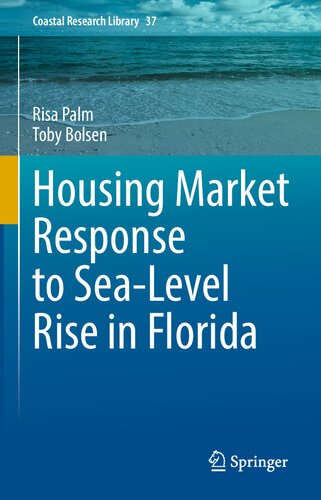

Most ebook files are in PDF format, so you can easily read them using various software such as Foxit Reader or directly on the Google Chrome browser.
Some ebook files are released by publishers in other formats such as .awz, .mobi, .epub, .fb2, etc. You may need to install specific software to read these formats on mobile/PC, such as Calibre.
Please read the tutorial at this link: https://ebookbell.com/faq
We offer FREE conversion to the popular formats you request; however, this may take some time. Therefore, right after payment, please email us, and we will try to provide the service as quickly as possible.
For some exceptional file formats or broken links (if any), please refrain from opening any disputes. Instead, email us first, and we will try to assist within a maximum of 6 hours.
EbookBell Team

4.1
90 reviewsSouth Florida continues to attract new residents despite its susceptibility to sea-level rise. This book explores the views of real estate agent with respect to how prospective homebuyers assess the risk of flooding. It reports on their observations as to whether house prices are stagnant or falling in coastal areas vulnerable to flooding, and their conclusions after working with prospective homebuyers as to whether coastal south Florida is a good place to find a home or, alternatively, a risky investment in a place that will eventually be submerged by rising seas.
The book reports on a 2020 survey of real estate agents and concludes that it is not clear that the housing market has integrated flood risk either into reduced demand for housing or in reduced prices for houses susceptible to flooding. These conclusions have important implications for understanding how the risks of climate change and sea-level rise are reflected in the housing market both now and in the near-term future.